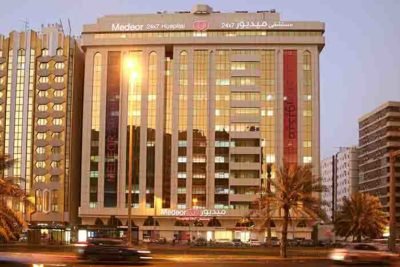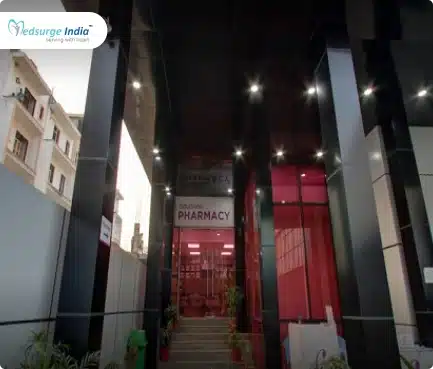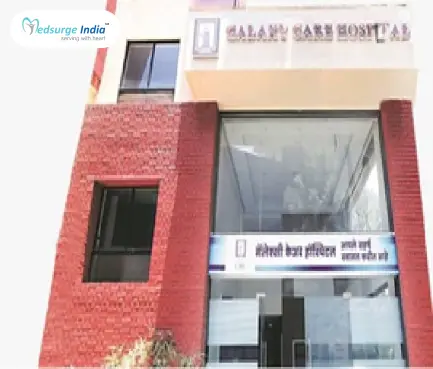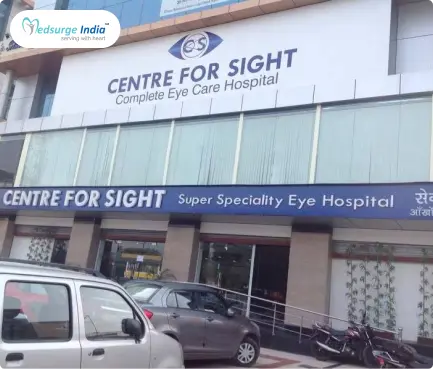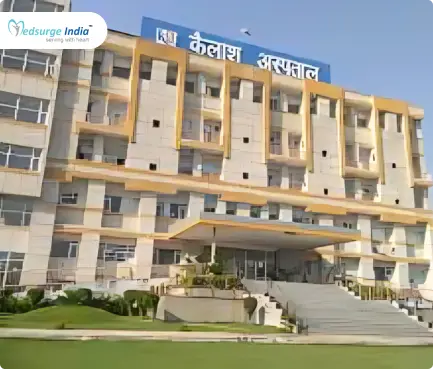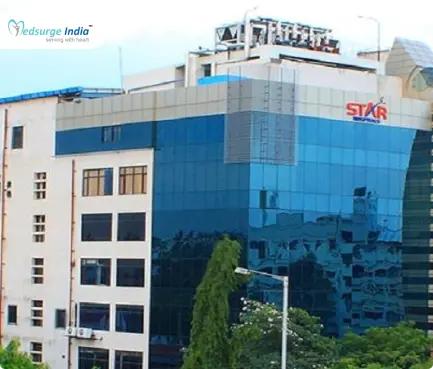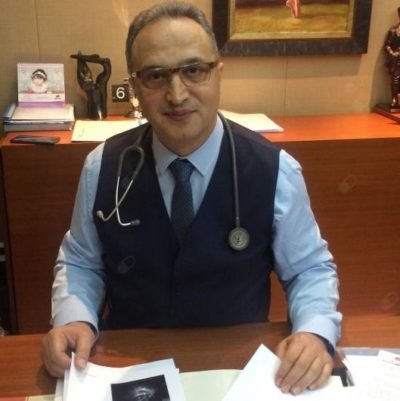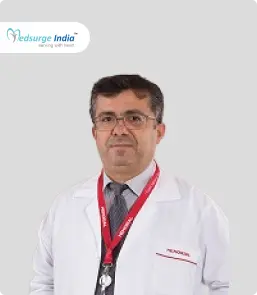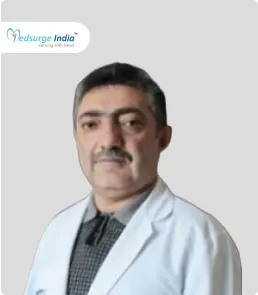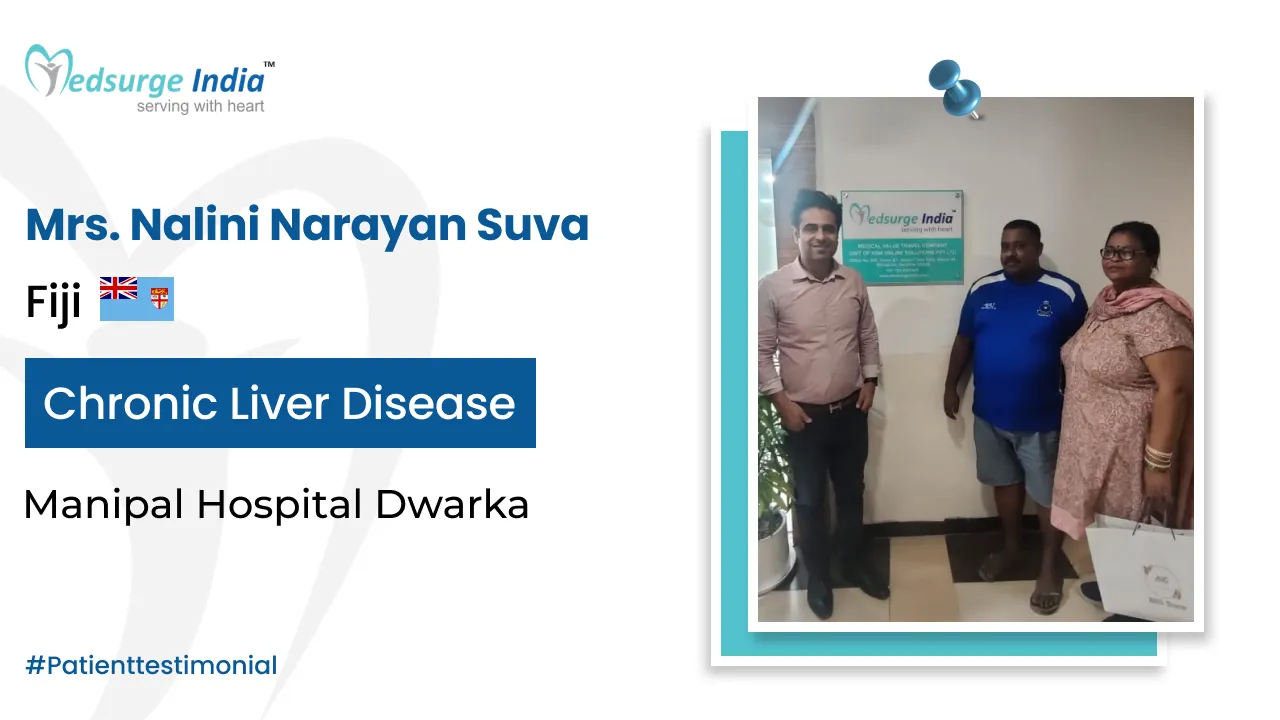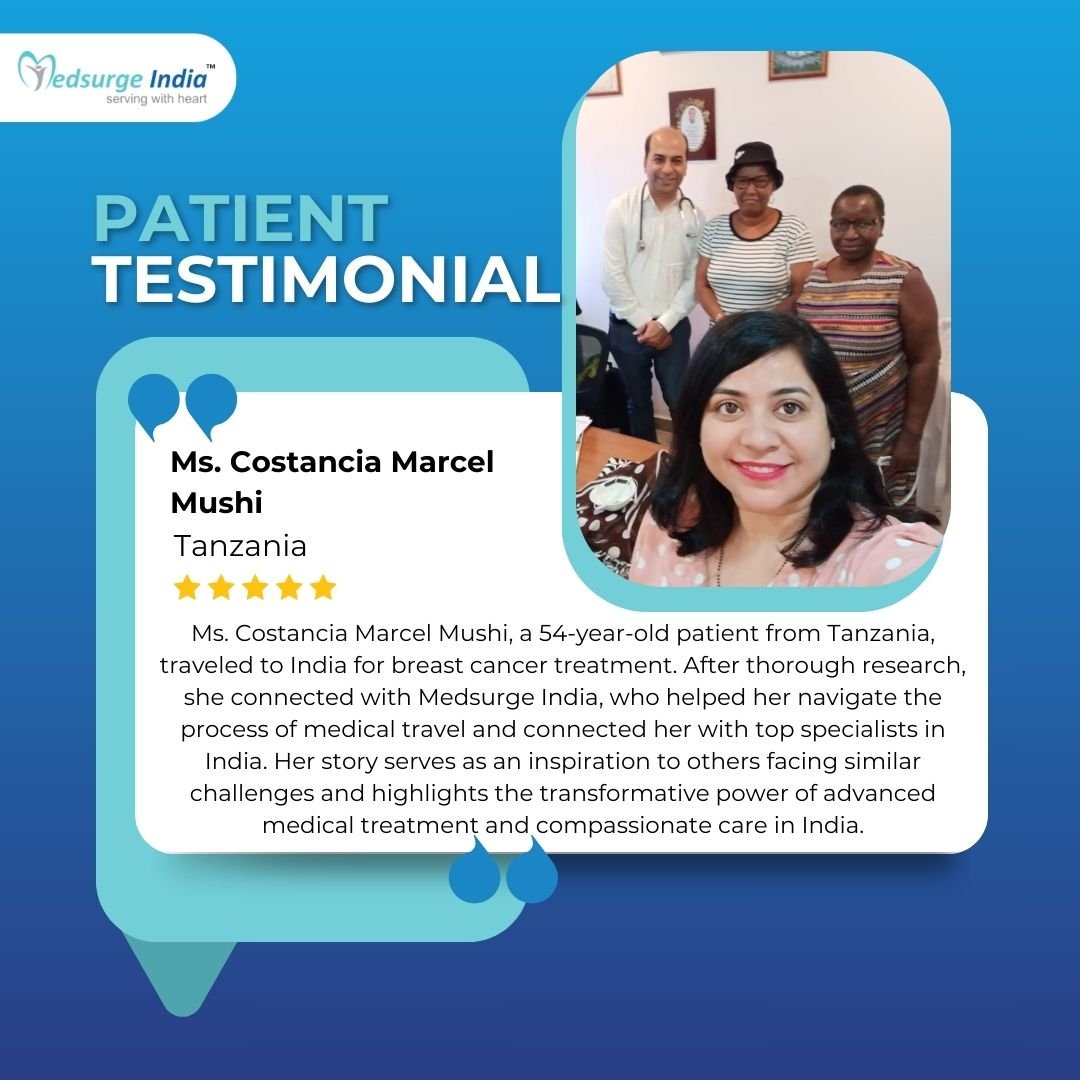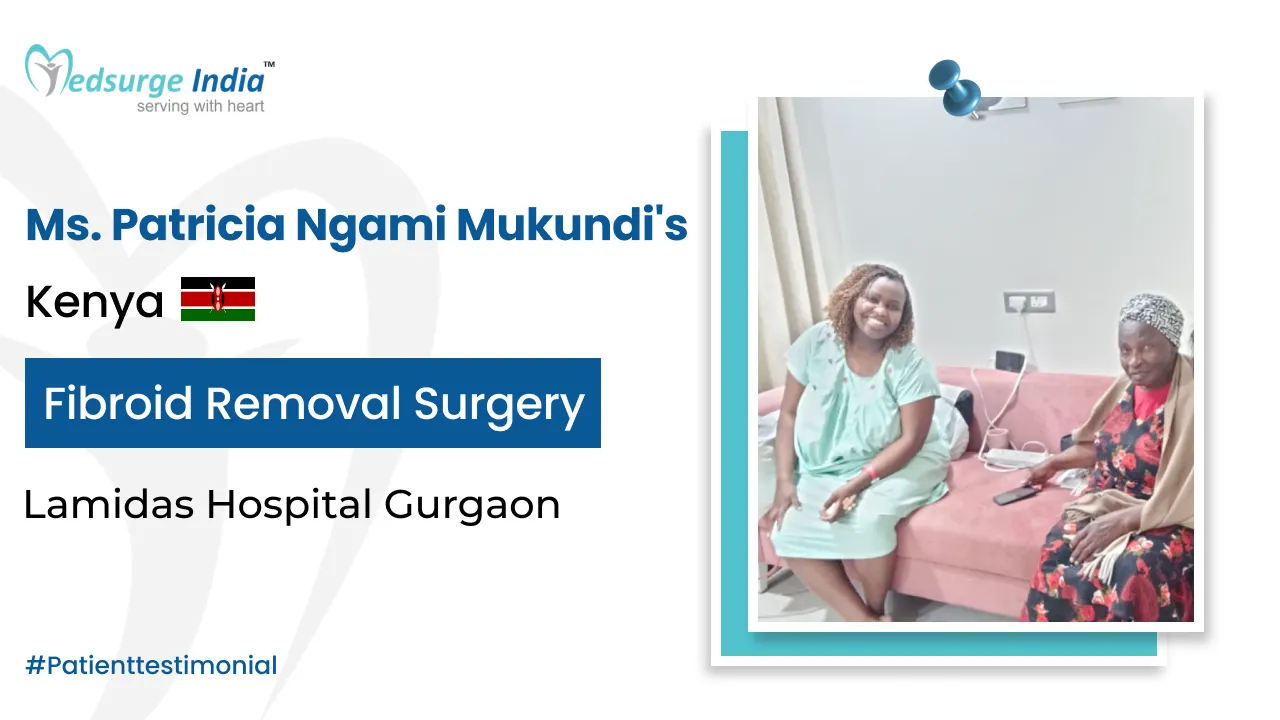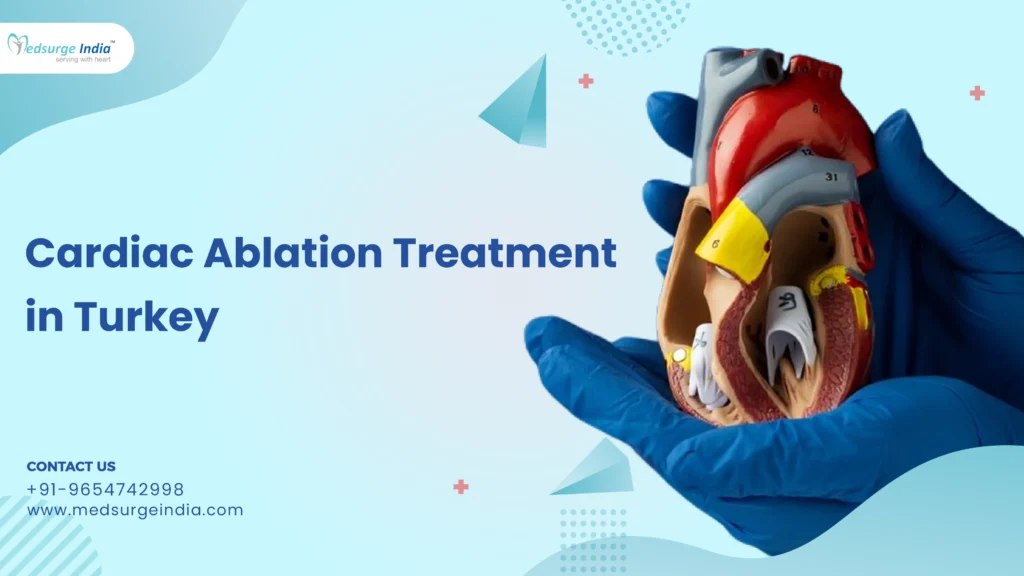
Catheter ablation is a minimally invasive procedure designed to address rapid heartbeats. It involves the insertion of a thin tube, known as a catheter, through a blood vessel and into the heart. This technique, which falls under the category of heart ablation procedures, is utilized to manage irregular heart rhythms (arrhythmias). By strategically eliminating abnormal tissue, ablation aims to restore the heart’s normal functionality.
Cardiac ablation treatment cost in Turkey is significantly more affordable compared to other countries, offering exceptional medical care. Turkey is renowned for its highly skilled cardiac specialists and surgeons, known for their expertise and extensive experience. Additionally, the success rate of the treatment is comparable to that of the leading global hospitals.
Methods of Cardiac Ablation
Heart tissue is scarred using energy during this procedure. Often, doctors call this irregular pulse an arrhythmia, as they stop unusual electrical signals in the heart. In addition to treating an irregular heartbeat, cardiac ablation can treat atrial fibrillation (AFib). Your doctor may refer to this procedure as an atrial fibrillation ablation depending on the circumstances.
Cardiac ablation in Turkey comes in a variety of forms, here are some below:
- Catheter ablation: In this method, the heart’s disruptive cells are removed by inserting long, thin tubes called catheters into the blood channels. The cells that produce arrhythmias are removed by healthcare facilities using a variety of methods, including, radio frequency produces heat and freezing.
- Surgical ablation: Ablation surgery, commonly referred to as maze surgery The Cox-maze or Trusted Source technique seeks to end atrial fibrillation (A-fib). It is a type of open-heart surgery that is frequently carried out concurrently with procedures for other heart issues, like valve replacement or heart bypass.
- Hybrid surgical-catheter ablation: Hybrid surgical-catheter ablation combines catheter ablation, which treats the inside of the heart, with the mini-maze procedure, which treats the outer layer of the heart.
Cardiac Ablation Treatment Cost in Turkey
The average Cardiac ablation treatment cost in Turkey between 98000 to 1,63,000 Turkish lira (3000 USD to 5000 USD). The treatment will depend on the patient’s condition and the type of treatment after the diagnosis so varying on that the package of Cardiac Ablation treatment cost in Turkey will depend on it.
Cardiac Ablation Treatment Cost in Different Cities of Turkey
| Cities | Starting Cost(USD) |
| Istanbul | 3000 USD |
| Ankara | 3200 USD |
| Antalya | 2800 USD |
| Izmir | 3000 USD |
| Bursa | 2900 USD |
| Adana | 2700 USD |
Please keep in mind that the cost and treatment options for Cardiac Ablation Treatment Cost in Turkey may differ based on the patient’s preferences and other factors.
Factors That Can Affect Cardiac Ablation Treatment Cost in Turkey
Following stated below are some of the factors that can affect Cardiac Ablation Treatment cost in Turkey:
- Medication costs.
- Duration of treatment.
- Geographical location.
- Hospitalization expenses.
- Government policies and subsidies.
- Medical tourism packages.
- Hospital reputation and infrastructure.
- The expertise and experience of medical professionals.
- The type and frequency of diagnostic procedures.
- The choice of treatment modality.
Cardiac Ablation Treatment cost in Turkey not only provides top-notch medical care and facilities comparable to renowned healthcare institutions globally, but also takes into consideration accommodation, meals, and transportation expenses. Additionally, Medsurge India guarantees that patients will receive the most cost-effective Cardiac Ablation Treatment cost in Turkey under the supervision of highly skilled doctors.
Cardiac Ablation Treatment in Turkey
Prior to commencing cardiac ablation treatment in Turkey, your physician will initially diagnose your condition by evaluating your body through a series of tests. Following the completion of these tests, the treatment will be carried out based on the results obtained.
The catheter ablation procedure typically lasts between two to four hours. It is performed in an electrophysiology lab where close monitoring is ensured. Prior to the commencement of the procedure, you will receive intravenous medications to induce relaxation or even sleep, if necessary. In certain instances, an anesthesiologist may administer general anesthesia. Once the medication takes effect, your physician will anesthetize the groin area and create a small incision in the skin. Subsequently, three or four catheters will be inserted through blood vessels to the heart to assist in guiding the procedure.
Following the placement of catheters, electrodes at the catheter ends will be utilized to stimulate the heart and identify the source of the abnormal heart rhythm. The doctor will then use radiofrequency heat energy to ablate the problematic area, typically around one-fifth of an inch in size. Alternatively, cryoablation may be employed, involving extremely cold temperatures to eliminate the issue. The choice of ablation therapy will be determined by your physician. Once the tissue is ablated, the abnormal electrical signals causing the arrhythmia will cease to be transmitted to the heart. Most individuals do not experience pain during the procedure, although some may feel slight discomfort in the chest. Upon completion of the ablation, the guide wire and catheters will be removed from the chest.
Also Read: Cardiac ablation Treatment Cost in India
How Can Medsurge India Help?
Medsurge India stands as a trusted partner for individuals and patients seeking hospitals, doctors, and specialized treatment worldwide. Our team’s primary mission is to help you discover the finest medical options tailored to your symptoms and specific requirements. Our staff is dedicated to curating a comprehensive roster of reputable, licensed medical professionals and healthcare facilities that align with your budget constraints and to extend our support to facilitate travel authorization, medical e-visa, and a range of other essential arrangements for our patients.
Get Free Cost Estimation
The Most Important Frequently Asked Questions
Q: How Long Does It Take to Recover from a Cardiac Ablation?
A: Following cardiac ablation, some persons experience some soreness. No more than a week should pass during the soreness. Most people are able to resume their regular activities in a matter of days. Don’t lift anything heavy for roughly a week.
Q: Are You Sedated During an Ablation?
A: Because your movement will be restricted during the ablation procedure, you will be given anesthesia medication. Deep sedation or general sedation, which puts you to sleep, is the most commonly used method of anesthesia.
Q: What Are the Risks and Side Effects of Heart Ablation Surgery, and How Serious Is It?
A: Although they are rare, there are serious risks associated with ablation. Stroke and death are among them. If ablation does not work the first time, it may be necessary to repeat the procedure.
Q: Can a Cardiac Ablation Patient Lead a Normal Life?
A: Most patients who have a successful catheter ablation operation can resume an active, regular lifestyle and see improvements in their quality of life.
Q: Who Should Consider Cardiac Ablation?
A: People suffering from heart disease. Ablation may be recommended by doctors for people who are at high risk of afib complications such as sudden cardiac arrest.
Top Hospitals for Cardiac Ablation Treatment in Turkey
Top Doctors for Cardiology And Cardiac Surgery
Prof. C. Naci ÖNER
Professor
Experience: 23 years of experience
Memorial Hospitals Group, İstanbul
Istanbul, Turkey
Dr.Flora ÖZKALAYCI
Professor
Experience: 14 years of experience
Hisar Hospital Intercontinental, Istanbul
Istanbul, Turkey
Assoc. Prof. Hakan AKSOY
Associate Professor
Experience: 10 years of experience
Memorial Hospitals Group, İstanbul
Istanbul, Turkey
Dr. Gursel Ates
Consultant
Experience: 12 years of experience
Anadolu Medical Center, Kocaeli, Istanbul
Kocaeli, Turkey
Dr. Sinan Ozbayrakci
Consultant
Experience: 32 years of experience
American Hospital, Istanbul
Istanbul, Turkey
Prof. Dr. Ufuk Demirkilic
Senior Consultant , Graduation
Experience: 35 years of experience
Acibadem Hospitals Group
Ankara, Turkey
Dr. Necdet Oz
Senior Consultant
Experience: 28 years of experience
Memorial Hospitals Group, İstanbul
Istanbul, Turkey
Dr. Faig Isayev
Consultant
Experience: 12 years of experience
Kolan International Hospital, Istanbul
Istanbul, Turkey
Dr. Bahri Aktosun
Consultant
Experience: 41 years of experience
Batigoz Eye Hospital Balcova
Izmir, Turkey
Dr. Saide Aytekin
Professor
Experience: 30 years of experience
American Hospital, Istanbul
Istanbul, Turkey
Dr. Ersin Ozen
Consultant
Experience: 16 years of experience
Anadolu Medical Center, Kocaeli, Istanbul
Istanbul, Turkey
Dr. İhsan ALUR
Professor
Experience: 17 years of experience
Yeni Yuzyil University Gaziosmanpasa Hospital, Istanbul
Istanbul, Turkey
Dr. Nurettin Unal
Consultant
Experience: 40 years of experience
Can Hospital, Istanbul
Izmir, Turkey
Dr. Ozgur Mete
Consultant
Experience: 14 years of experience
Medicana International Istanbul
Istanbul, Turkey
Dr. Haci Akar
Consultant
Experience: 24 years of experience
Medicana International Istanbul
Istanbul, Turkey
Dr. Alper Ucak
Principal Consultant
Experience: 24 years of experience
Medicana International Istanbul
Istanbul, Turkey
Dr. Ali Yildirim
Interventional Cardiologist
Experience: 19 years of experience
Kolan International Hospital, Istanbul
Istanbul, Turkey




